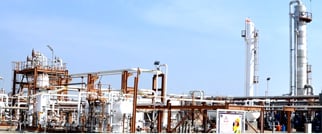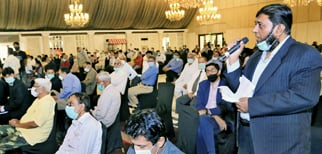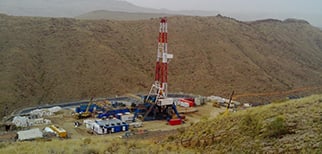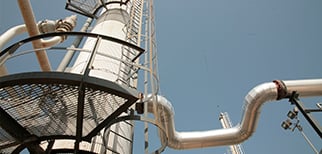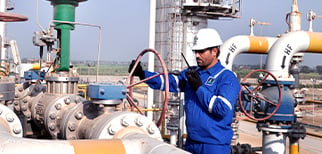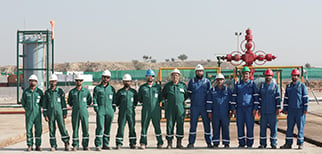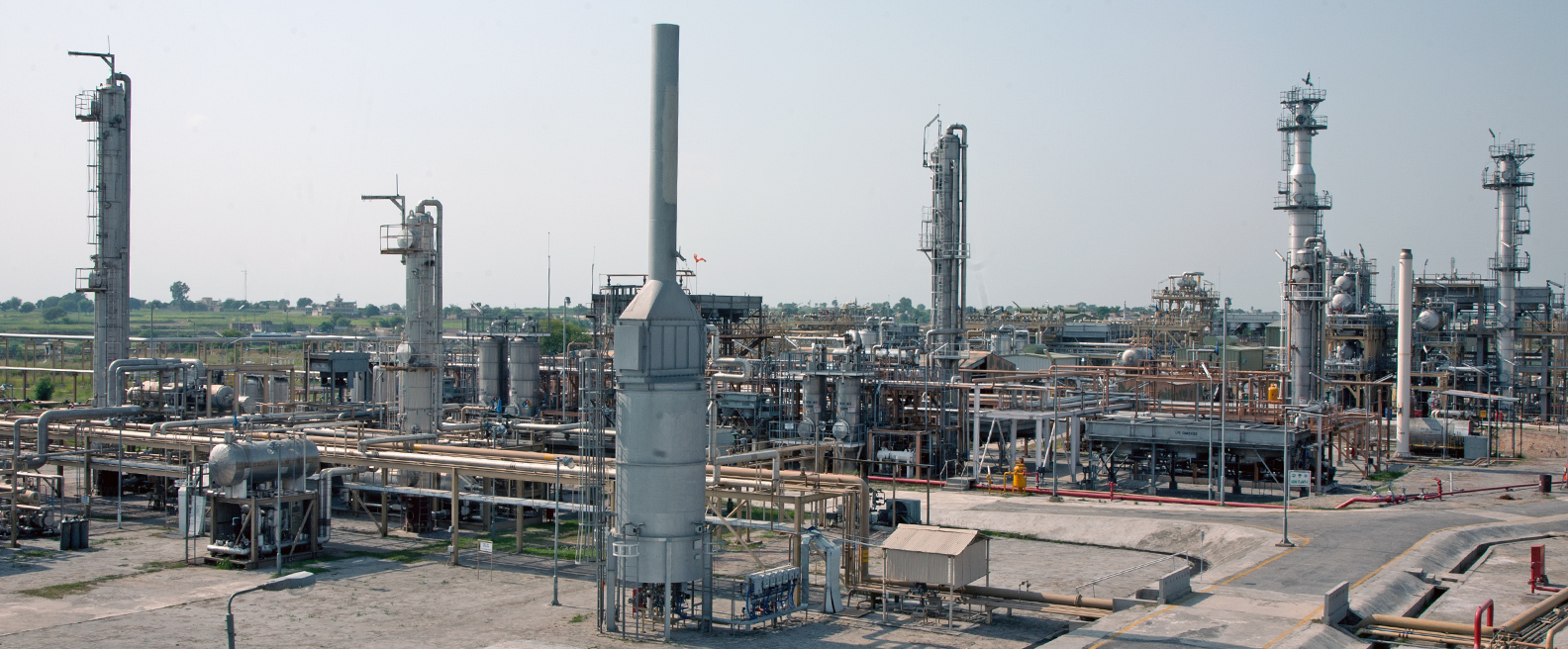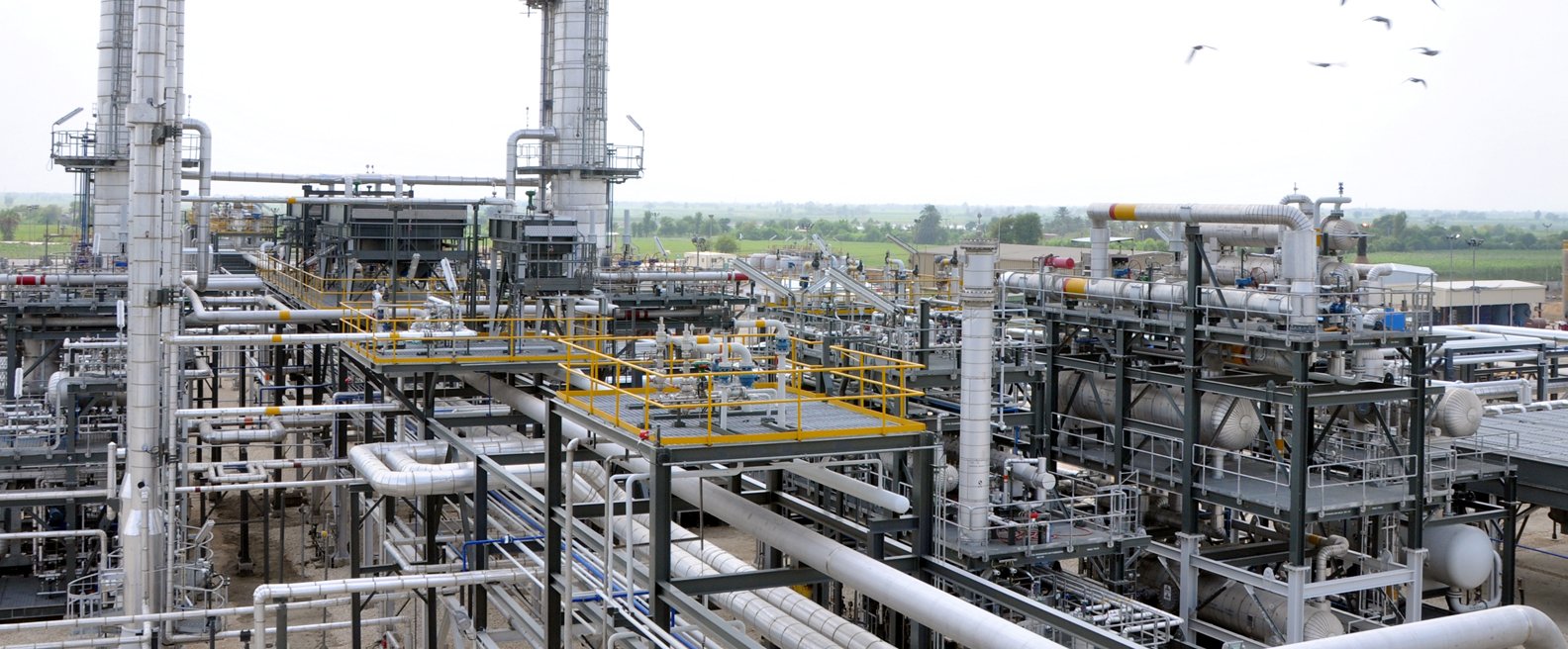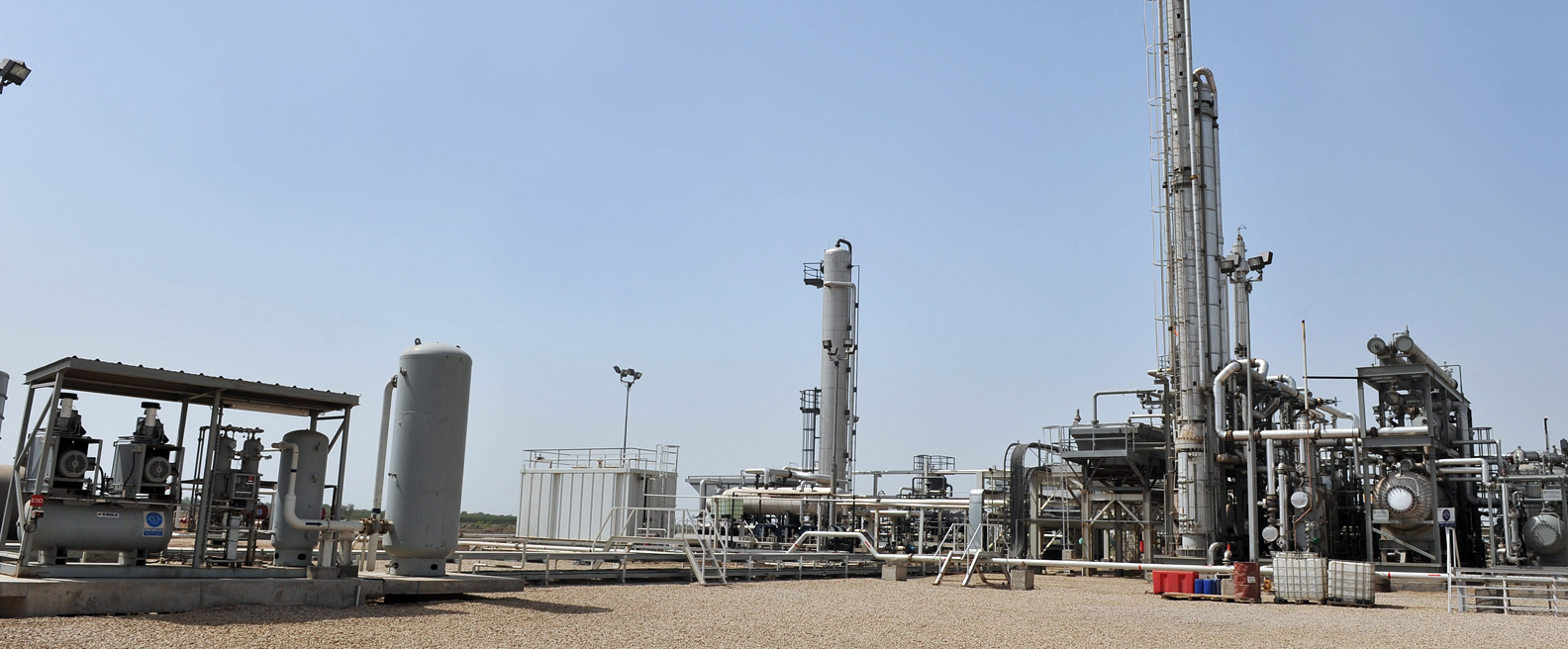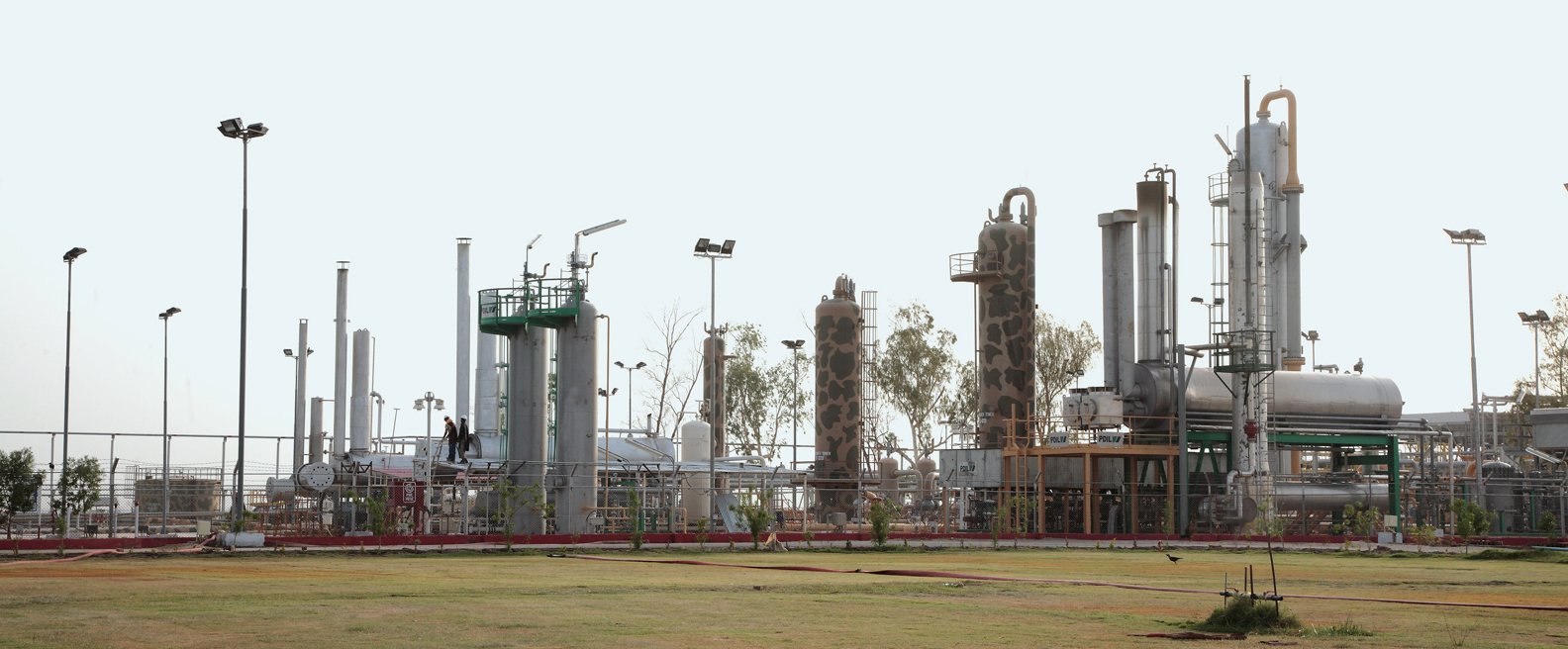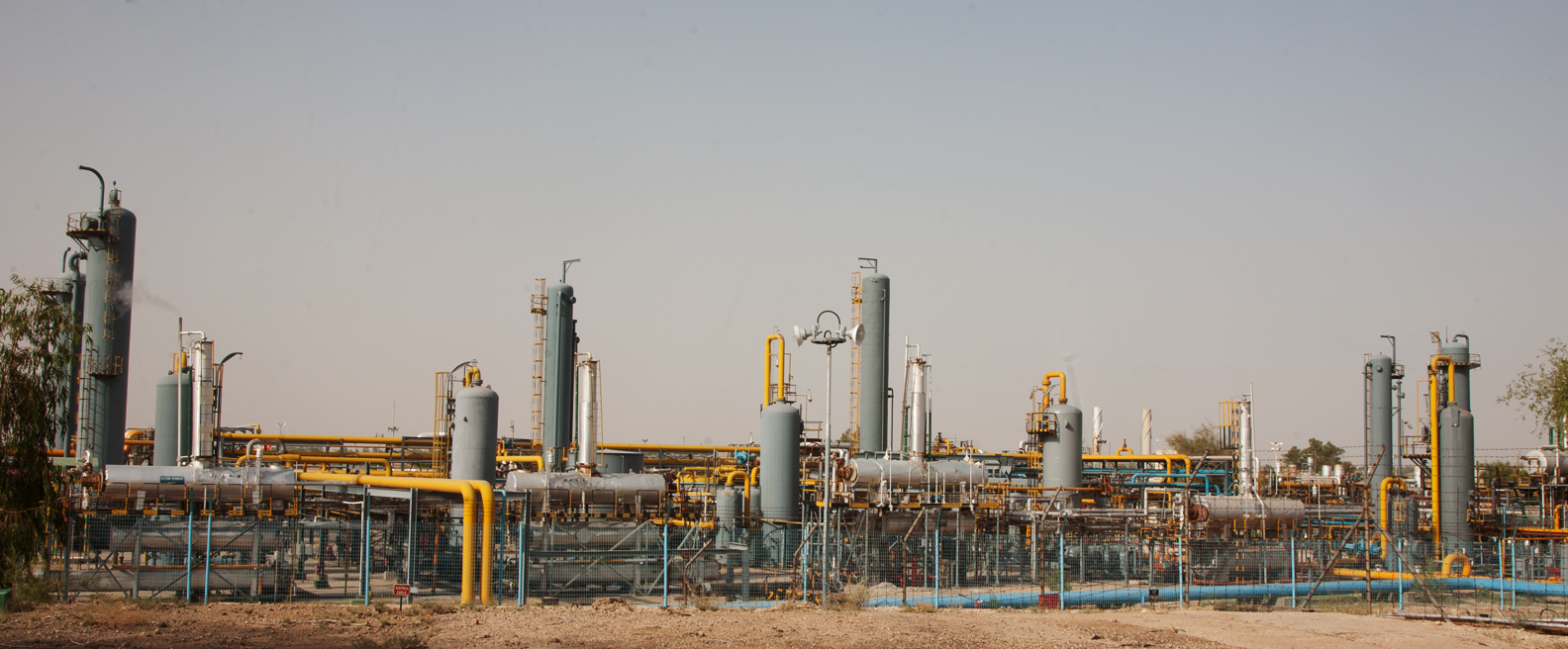Overview
The pioneer of the natural gas industry in the country, Pakistan Petroleum Limited (PPL) has been a frontline player in the energy sector since the mid-1950s. As a major supplier of natural gas, PPL today contributes over 20 percent of the country’s total natural gas supplies besides producing crude oil, Natural Gas Liquid and Liquefied Petroleum Gas.
-
Image

-
Image

-
Image

-
Image

The company’s history can be traced back to the establishment of a public limited company in June 1950, with major shareholding by Burmah Oil Company (BOC) of the United Kingdom for exploration, prospecting, development and production of oil and natural gas resources. In September 1997, BOC disinvested from the Exploration and Production (E&P) sector worldwide and sold its equity in PPL to the Government of Pakistan (GoP). Subsequently, the government reduced its holding through an initial public offer in June 2004, which was further decreased with the initiation of the Benazir Employees Stock Option Scheme (BESOS) in August 2009 when PPL employees were allotted 12 percent shares from the government’s equity. More recently, GoP further disinvested its 5 percent shares, around 3.55 percent of the total paid-up capital, in PPL through Secondary Public Offering in 2014. Currently, the company’s shareholding is divided between the government, which owns about 67.51 percent, PPL Employees Empowerment Trust that has approximately 7.35 percent — being shares transferred to employees under BESOS — and private investors, who hold nearly 25.14 percent.
PPL has acquired 100 percent shareholding of MND E&P Limited, a company incorporated in England and Wales. The name of the subsidiary has been changed to PPL Europe E&P Limited.
The company has also established a wholly-owned subsidiary, PPL Asia E&P B.V. with corporate seat in Amsterdam, Kingdom of Netherlands. The subsidiary will focus on exploration and production of oil and gas in the region.
In August 2021, a PPL-led consortium was awarded Offshore Block 5 in Abu Dhabi’s second competitive exploration block bid round. Offshore Block 5 covers an area of 6,223 square kilometers and is located 100 kilometers north east of Abu Dhabi city. The consortium includes four leading national E&P companies, PPL as operator, Oil and Gas Development Company Limited (ODGCL), Mari Petroleum Company Limited and Government Holdings (Private) Limited (GHPL) with an equal shareholding of 25 percent. To this end, a new company Pakistan International Oil Limited (PIOL) has been incorporated in the UAE with PPL as the management shareholder and has entered into the concession agreement with Abu Dhabi National Oil Company.
PPL operates 16 producing fields across the country at Sui (Pakistan’s largest gas field), Adhi, Kandhkot, Chachar, Mazarani, Adam, Adam West, Shadadpur, Shahdadpur West, Shahdadpur East, Zafir, Fazal, Kabir, Hadaf, Dhok Sultan and Benari and holds working interest in 24 partner-operated producing fields, including Qadirpur the country’s second largest gas field.
As a major stakeholder in securing a safe energy future for the country, PPL pursues an aggressive exploration agenda aimed at enhancing hydrocarbon recovery and replenish reserves. PPL together with its subsidiaries has a portfolio of 52 exploration assets of which the company operates 29, including an offshore Block 5 in Abu Dhabi, UAE while 23 blocks, comprising an onshore concession in Yemen, are operated by joint venture partners.
As part of its diversification strategy, PPL has strengthened its mining operations through Bolan Mining Enterprises (BME), established in 1974 with an equal shareholding of 50 percent each between PPL and Government of Balochistan (GoB). To this end, PPL signed a mining lease (ML) deed for Lead and Zinc in District Khuzdar with GoB in December, 2021. According to the ML deed, PPL has been granted a large-scale mining lease over an area of 30 square kilometers for establishment of bayrite, lead and zinc (BLZ) processing/ beneficiation plant in District Khuzdar, Balochistan. The estimated recoverable reserves of BLZ are 69 million tonnes along with 32 years of life after commencement of production.
More recently, the company signed a non-binding framework agreement for the reconstitution of Reko Diq project by Government of Pakistan and Barrick Gold Corporation, PPL, OGDCL, GHPL as well as GoB in March 2022. Reko Diq is potentially one of the largest undeveloped copper-gold mine located in District Chagai, Balochistan.
Over the years, PPL has developed a reliable foundation and infrastructure for providing clean and safe energy through sustainable exploitation of indigenous natural resources while adhering to best practices of corporate governance and employee health and safety and constraining the ecological footprint of its operations. As a result, Sui, Kandhkot, Adhi and Hala, Gambat South and Mazarani assets, Purification Plant, Sui, Sui Field Gas Compressor Station, Sui Production, Sui Field utility, Sui Stores, Sui Field Hospital and Quality, Health, Safety and Environment, Drilling & Well Engineering, Construction, Projects, Production Technology and Medical Services departments stand certified for ISO 9001 Quality Management System.
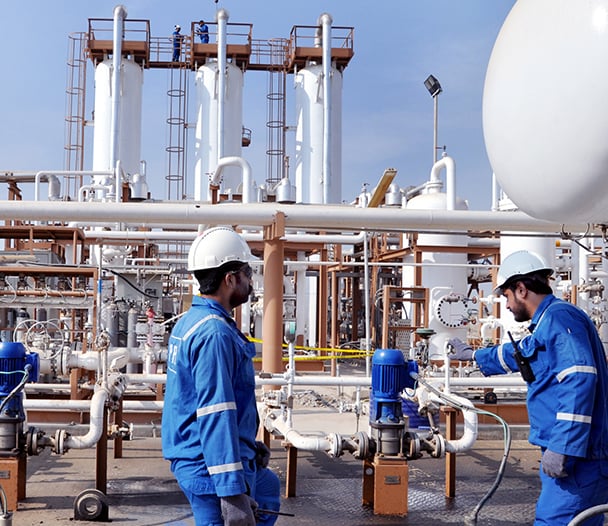
Similarly, Kandhkot, Adhi and Hala, Gambat South, Mazarani assets, Sui Field Gas Compressor Station, Sui Production, Sui Field utility, Sui Stores, Sui Field Hospital and Exploration, Quality, Health, Safety and Environment, Drilling & Well Engineering, Construction and Projects departments have been certified for ISO 14001 Environmental Management System and ISO 45001 Occupational Health & Safety Management System. Purification Plant, Sui, is also certified for ISO 45001 Occupational Health & Safety Management System.
PPL has played a significant role as a responsible corporate citizen since the inception of its commercial activities in Sui by establishing the Sui Model School in 1957 for children of workers and local communities. In order to ensure geographical and thematic diversity, the company’s CSR programme focuses on education, health, infrastructure development and socio-economic uplift of disadvantaged communities living in and around its operating areas as well as other parts of the country. More recently, the company also initiated Corporate Donations programme to reach deserving population in urban areas.


